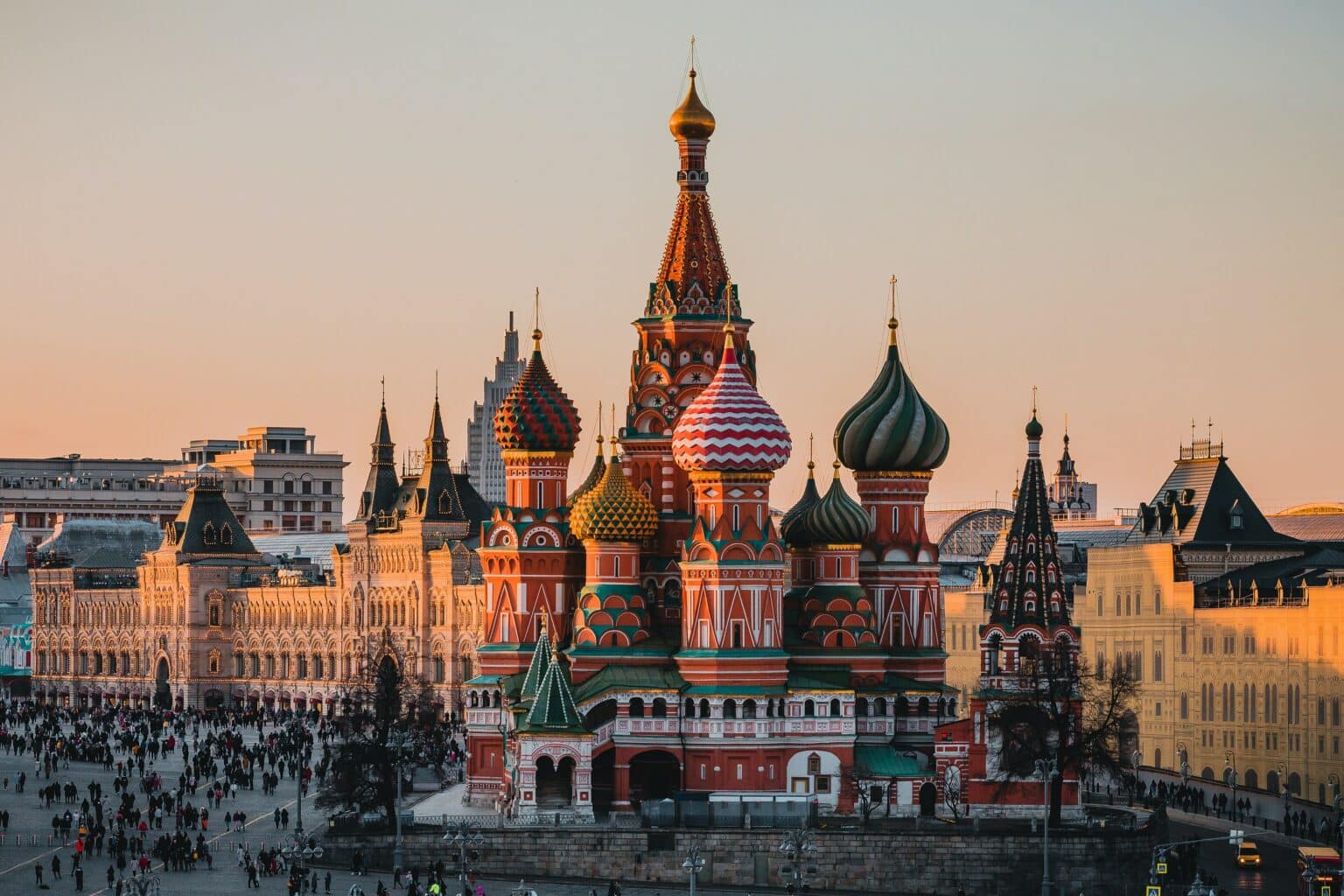Russian President Vladimir Putin met Sunday with China’s Defense Minister, Gen. Li Shangfu, in Moscow.
Russian Defense Minister Sergei Shoigu joined the meeting, which was held less than a month after Chinese President Xi Jinping’s own three-day visit to Moscow.
The Sunday meeting also occurred just two days after China’s Foreign Ministry said it would not sell weapons to either side in the nearly 14-month-old Ukrainian-Russian War—a statement that countered U.S. intelligence that was revealed in recently leaked classified Pentagon documents. According to a top-secret U.S. intel summary dated February 23, China had approved the provision of lethal aid to Russia for its war in Ukraine but wanted any shipments to remain a secret.
This leaked intel would appear to confirm assertions by Secretary of State Antony Blinken, who this past February said, “We have information that gives us concern that [the Chinese] are considering providing lethal support to Russia.”
China officially took a neutral stance in the war in February of 2022 ahead of Russia’s invasion of Ukraine. However, China and Russia struck a “no limits” partnership while Russian President Vladimir Putin was visiting Beijing for the opening of the 2022 Winter Olympics.
In comments ahead of Sunday’s meeting, Putin praised Russia-China relations.
“We are also working actively through the military departments, regularly exchanging information that is useful to us, cooperating in the field of military-technical cooperation, conducting joint exercises, moreover, in different theaters: in the Far East region, and in Europe, and at sea, and on land and in the air,” he said in a statement released by the Kremlin.
Li said that Russia-China relations “outperform the military-political unions of the Cold War era. They rest on the principles of nonalignment, and are very stable.”
During his three-day visit to Russia in March, Chinese President Xi Jinping posted an article in China’s largest state newspaper promoting a peace plan for Ukraine, saying it “reflects the broadest common understanding of the international community on the crisis.” It was quickly dismissed by Western officials as vaguely-worded and one-sided in Russia’s favor.


